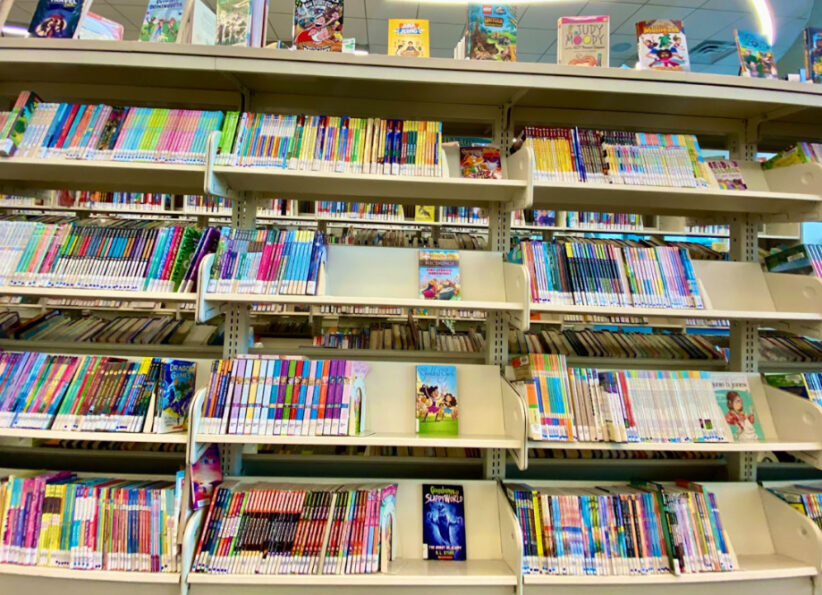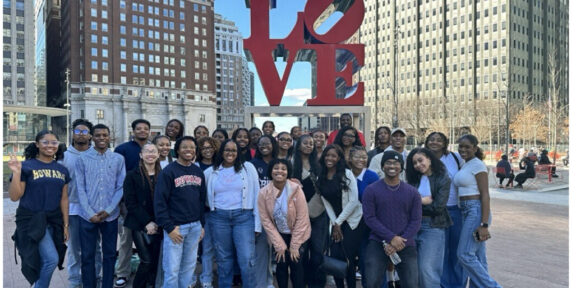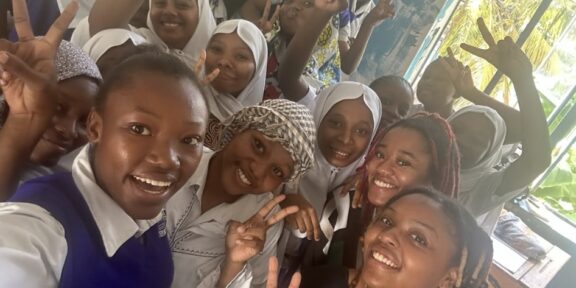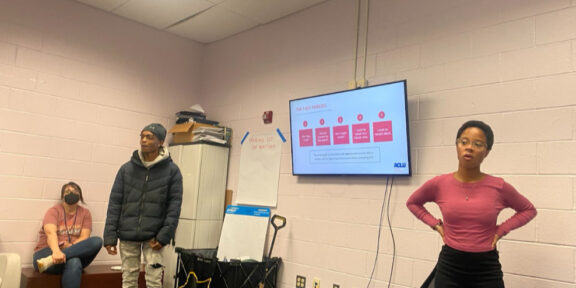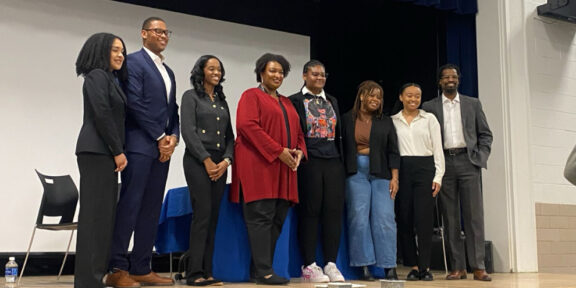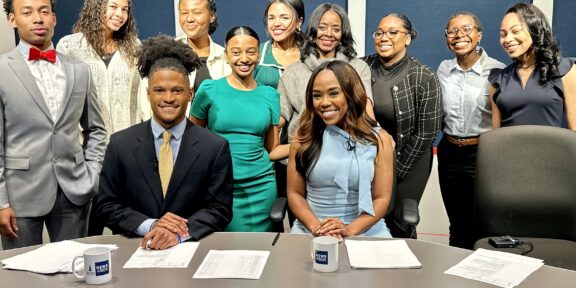By Kareema Bangura
As post-pandemic education shifts from virtual to in-person learning, teachers nationwide are seeing the impact of a declining literacy rate in elementary children, research shows.
As a result, more teachers have had to adjust to new ways of learning to better help their students.
“I think the attention span is very low. It can be a challenge when you’re reading because the goal is to be able to read and comprehend, and in order to do that, you have to get through the book,” Wisdom Baker, a second-year NationHouse teacher, said. “Little by little, make sure we’re not overwhelming them but still pushing them.”
According to the National Center for Education Statistics, the average scores for 13-year-olds during the 2022-2023 school year declined 4 percentage points in reading and 9 percentage points in mathematics compared to a previous 2019-2020 school year assessment.
In the new age of technology, Baker, alongside other teachers and educators, must find new ways to encourage reading and literacy engagement.
“I tell my students all the time about our ancestors and at some point, we weren’t allowed in this country to read and that wasn’t a right that we had, so it’s important for us to read,” Baker said.
Studies have found that students’ digital learning usage increased significantly after the outbreak of COVID-19 as they were more satisfied with digital learning facilities.
However, according to the National Institute of Health, student motivation has declined in the shift from online to in-person learning.
In a survey addressing the shift from online to in-person learning, 25 percent of students felt unsuccessful in their transition, while 50 percent of students still found success.
As Principal of Howard University Middle School, Kathryn R. Procope notes the challenge of finding the balance between the appeal of digital entertainment and the necessity of traditional reading habits for Howard Middle School students.
“Creative assignments, such as video book reports, online author visits, and collaborative storytelling projects, were introduced to provide students with varied and stimulating ways to engage with texts,” Procope said.
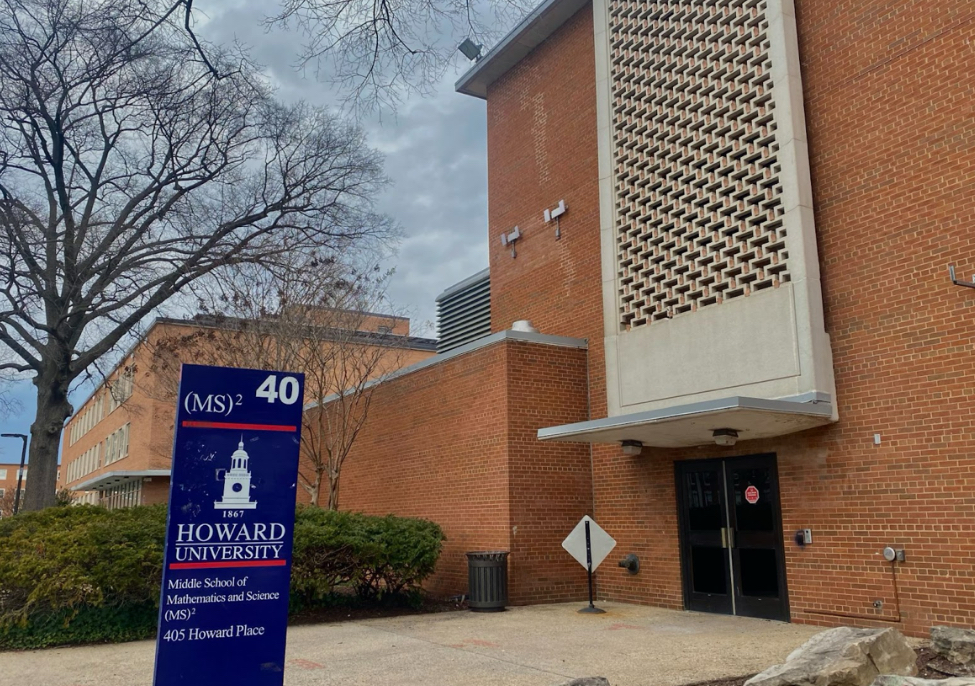
With the rise of tech-inclusive learning following COVID-19, the integration of artificial intelligence has offered some schools new ways to improve the learning experience, such as College Park Academy.
“I think we’d be doing the kids a disservice if we don’t introduce them to it and teach them how to use it in the right way,” says Steven Baker, current Principal at College Park Academy.
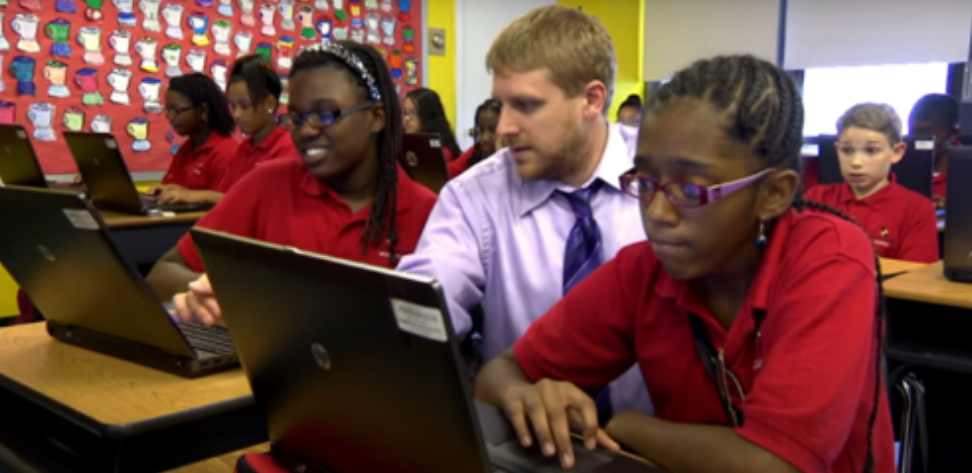
Aside from AI, College Park Academy has also implemented a fully online curriculum.
While students perform their work tasks and novel studies digitally, teachers utilize IXL, an online personal learning tool. Teachers use the tool to load student reading and math scores throughout the year and create their personalized learning paths.
Prepping youth from birth to age five, Pamela Hamlin, a family literacy specialist with Prince George’s County Library System, advocates for improved literacy through the “Every Child Ready To Read” parent education initiative created by the American Library Association.
“We’re including elements of all the early literacy skills into logical awareness, letter recognition, narrative skills, vocabulary, background skills and many things that get kids interested in books,” Hamlin said.
Through their initiatives, the PG County Memorial Library System has partnered with the Dolly Parton Imagination Library, where children are given free books as long as they are registered in their county library system.
A total of 222,832,740 have been gifted to children across the world.
“We want to ensure they have everything they need,” Hamlin said. “They don’t need special degrees or tons of toys. They can get free books at the library.”

